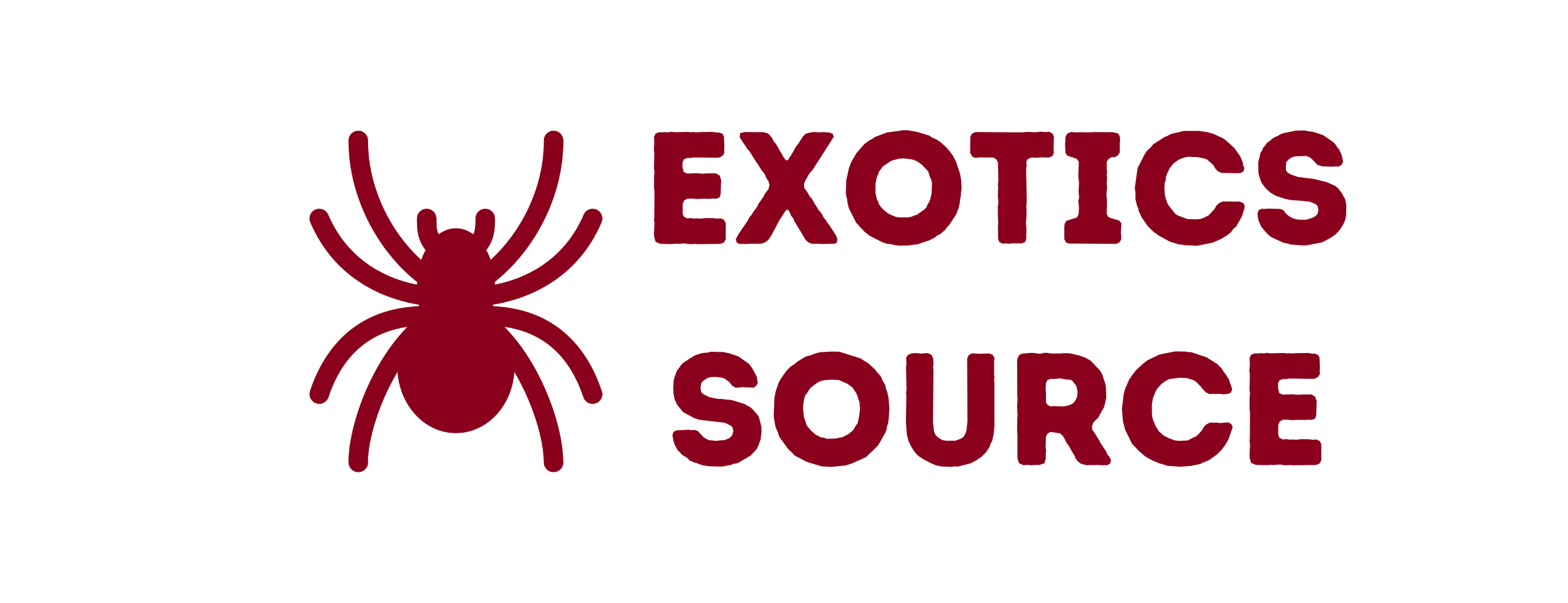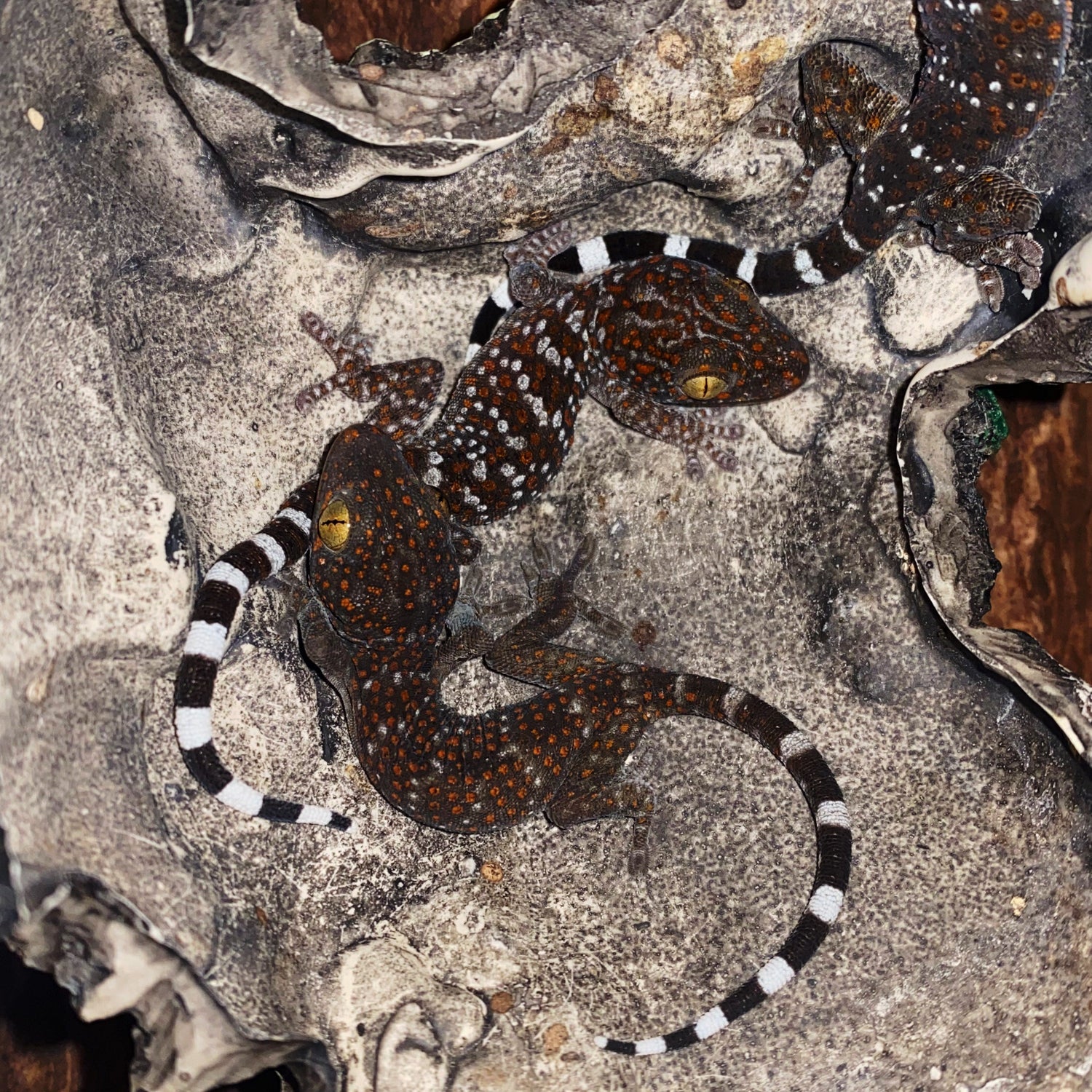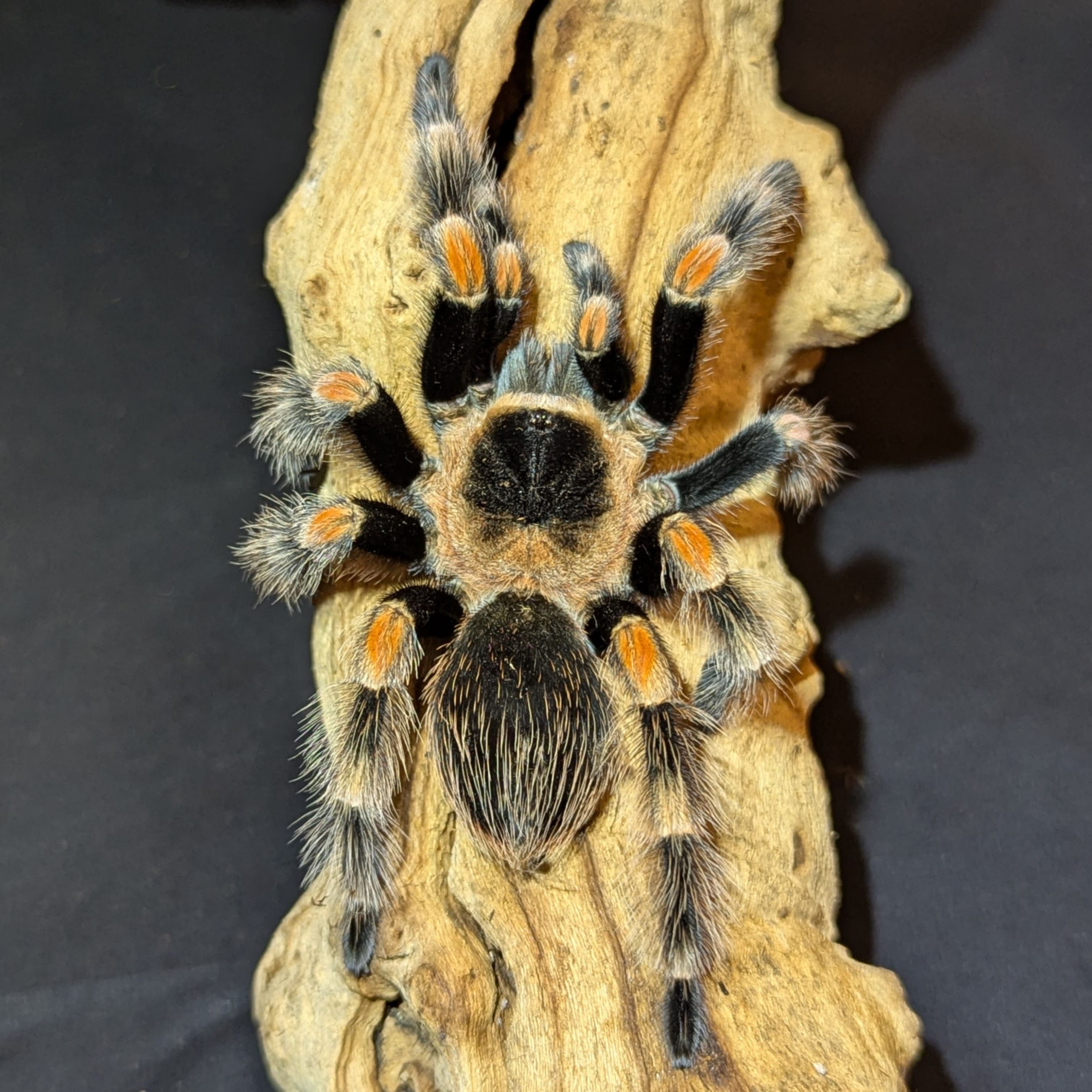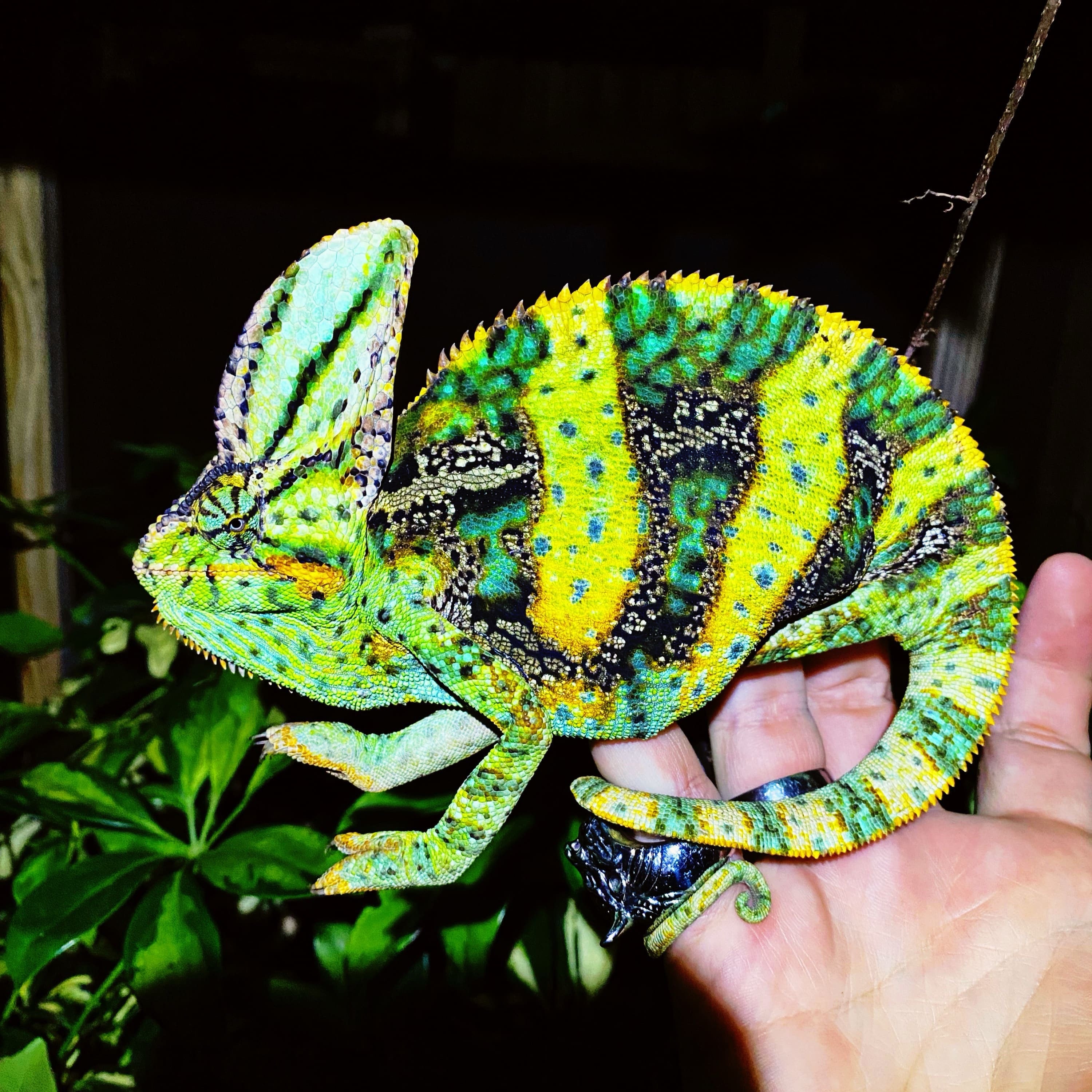Tokay Gecko Care Sheet
Introduction
The Tokay gecko (Gekko gecko) is a large, nocturnal lizard native to Southeast Asia. Known for its vibrant coloration and vocal nature, the Tokay gecko can make a unique and rewarding pet for experienced reptile keepers.
Habitat Setup
A single adult requires an enclosure at least 24 inches long, 18 inches wide, and 36 inches tall. A suitable substrate includes coconut fiber, cypress mulch, or a mix of soil and sphagnum moss. The enclosure should maintain daytime temperatures between 80-85°F, with a basking spot reaching 90°F, while nighttime temperatures can drop to 70-75°F. Humidity should be kept between 60-80% with regular misting. UVB lighting is recommended for 10-12 hours a day. The habitat should include branches, cork bark, and live or artificial plants for climbing and hiding. Safe plant options include pothos, bromeliads, and snake plants, which also help maintain humidity.
Diet
Tokay geckos primarily feed on insects such as crickets, roaches, and mealworms. Calcium and vitamin D3 supplementation is essential for their health. Juveniles require daily feeding, while adults can be fed every other day. A shallow water dish should always be available, and misting the enclosure helps maintain hydration.
Shedding Care
Tokay geckos typically shed every few weeks. Maintaining high humidity and providing rough surfaces like cork bark helps facilitate shedding. Handling should be avoided during this time, and stuck skin should never be forcefully removed. If shedding issues occur, offering a warm, damp hide can help loosen the skin.
Female-Specific Care
Females may lay infertile eggs even without a male present. A secluded, moist laying spot with soft substrate should be provided to support egg-laying. Proper calcium supplementation is crucial for reproductive health and preventing metabolic bone disease.
Handling and Temperament
Tokay geckos are territorial and defensive, known for their strong bite. Limited handling is recommended to reduce stress. If handling is necessary, gloves or handling tools should be used to prevent injury. Allowing them time to adjust to their environment before attempting interaction is essential for their well-being.
Health and Maintenance
Common health concerns include respiratory infections, parasites, and shedding problems. Maintaining a clean and well-maintained enclosure helps prevent these issues. Spot-cleaning should be performed daily, with a thorough deep cleaning of the enclosure done monthly.
Conclusion
With proper care and respect for their unique nature, Tokay geckos can thrive in captivity. Providing a suitable habitat, a balanced diet, and minimizing stress will ensure your gecko lives a healthy and happy life.




Leave a comment
This site is protected by hCaptcha and the hCaptcha Privacy Policy and Terms of Service apply.